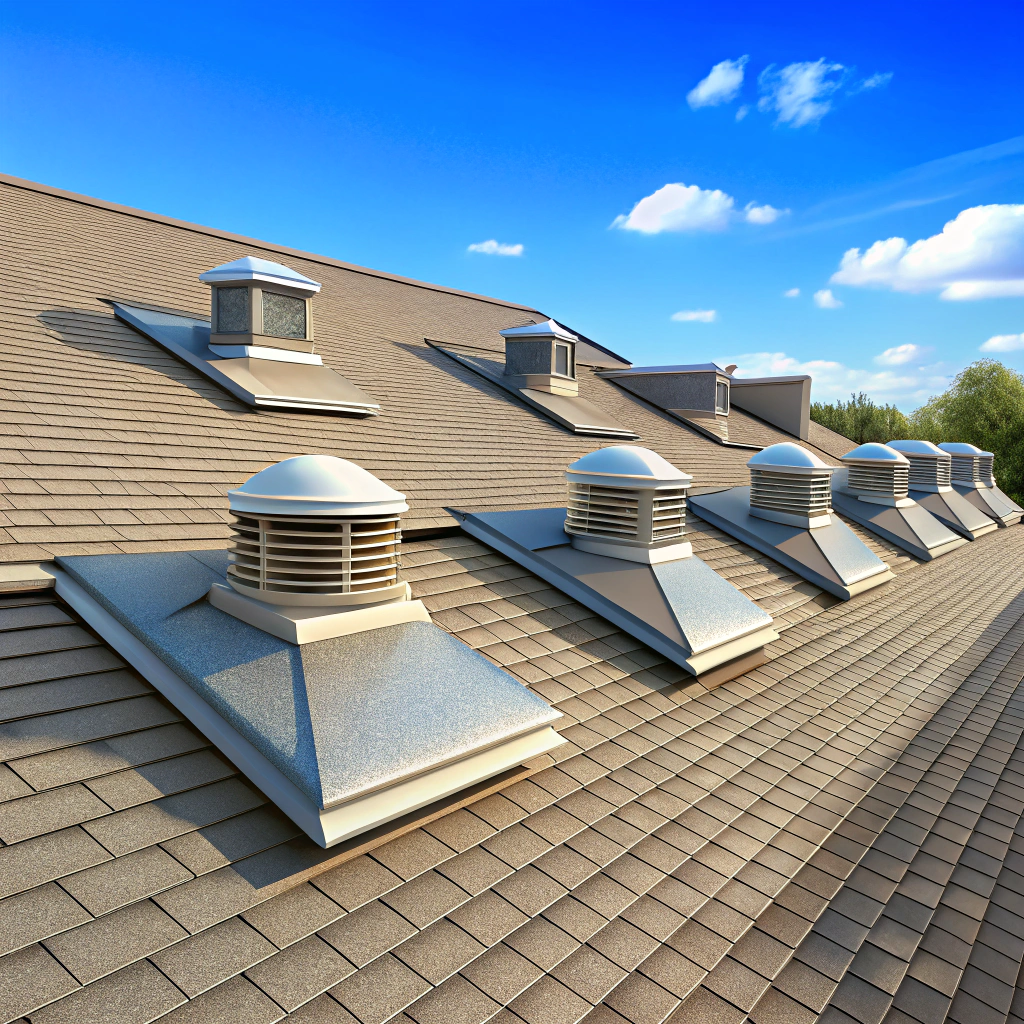Last updated on
Navigating through financial options for a new roof can be challenging, but this article will explore a variety of methods that can make this necessary investment more manageable.
Key takeaways:
- Avoid interest fees with cash or check payment.
- Consider interest rates and credit limits when using a credit card.
- Home equity loans offer lower interest rates and tax deductions.
- Roofing companies may offer financing with special deals and flexibility.
- Factors affecting roofing costs: materials, size, location, pitch, and accessibility.
Cash or Check

Paying with cash or check is often the most straightforward approach to financing a new roof. Here are some key points to consider:
- No Interest Fees: Avoiding loans or credit means you won’t incur interest, making this the least expensive option over time.
- Budgeting: Ensure you have sufficient funds set aside for the project, as roofing can be a significant expense.
- Discounts: Some contractors may offer a discount for cash payments, as this saves them on transaction fees and offers immediate liquidity.
- Record-Keeping: Always request a receipt when paying by cash or check to keep a record for warranties and potential tax deductions related to home improvements.
Credit Card
Using a credit card can be a convenient payment method for your new roof but it’s important to consider interest rates and credit limits. For those with a rewards credit card, this big-ticket item could accrue significant points or cashback rewards. To ensure this option benefits you:
- Check the card’s interest rate: Higher rates can significantly increase the overall cost if the balance is carried month-to-month.
- Evaluate promotional offers: Some cards offer 0% interest periods, which could be advantageous if the balance is paid off within that time frame.
- Be mindful of your credit utilization ratio: A high balance on one card might affect your credit score.
- Assess the payment flexibility: Credit cards tend to have minimum payment options which could help in months when cash flow is tighter.
It’s prudent to thoroughly read your credit card’s terms and calculate the potential interest added over time before making a final decision.
Home Equity Loan
A Home Equity Loan offers homeowners a way to use their home’s equity as collateral to secure funds for roof repairs or replacement. This option typically provides lower interest rates compared to credit cards or personal loans, as the loan is secured against property value.
Here are some key points to consider:
- Interest Rates: These are generally fixed, making budgeting for monthly payments more predictable.
- Loan Terms: Repayment periods can span several years, easing the immediate financial burden.
- Tax Deductions: Interest paid on home equity loans used for substantial home improvements may be tax-deductible.
- Funding Amount: The loan amount is based on home equity, which is the current value of the house minus any outstanding mortgage balance.
- Approval Process: Lenders will assess creditworthiness, home value, and debt-to-income ratio before granting the loan.
Remember, using a home equity loan for roofing projects puts your home at risk in case you default on the loan. It is crucial to carefully evaluate your ability to repay the loan before committing.
Roof Company Financing
Many roofing companies offer financing options directly to homeowners. These programs can provide a practical way to fund a roof replacement without the need for traditional bank loans. Here are some aspects to consider:
- Interest Rates and Terms: Compare the interest rates and repayment terms with other financing options. Promotional periods with low or no interest can be particularly cost-effective if paid within the term.
- Approval Process: Often quicker and less stringent than banks, making it an expedient option for urgent roofing needs.
- Credit Impact: Financing through a roofing company may still affect your credit score, similar to other forms of borrowing.
- Flexibility: Some programs offer flexibility in payment amounts and schedules, which can help manage monthly budgets.
- Special Deals: Roofing companies might provide exclusive discounts or deals for using their financing, potentially lowering the overall cost.
Review the contract details thoroughly to understand all financial obligations, and consider this option alongside others to determine the best fit for your financial situation.
Factors Affecting Roofing Costs
Material choice significantly impacts the overall expense, with options ranging from affordable three-tab asphalt shingles to high-end slate or metal roofing.
The size and complexity of your roof also influence cost; larger roofs or those with multiple dormers and valleys require more labor and materials.
Geographic location can affect both labor rates and material costs due to varying demand and regional economic factors.
The roof’s pitch and accessibility may increase labor costs as steeper roofs are more challenging and hazardous to work on.
Lastly, removing old roofing layers can add to the cost, especially if there is damage that needs repair before installing the new roof.
FAQ
Can I pay monthly for a new roof?
Yes, through roof financing options, you can pay monthly for a new roof, eliminating the requirement of a massive upfront payment.
Does replacing roof increase value home?
Yes, replacing a roof can increase the home’s value, usually yielding a return on investment in the 60-70% range.
Is there any possibility of a tax deduction for installing a new roof?
Yes, tax deductions for installing a new roof may be accessible if it’s considered a home improvement for energy efficiency per Energy Star guidelines.
Are there specific grants or loans available for roof replacement?
Yes, numerous grants, loans, and programs are available for roof replacement, such as HUD’s FHA Title I Home Improvement Loans, USDA’s Single Family Housing Repair Loans, and local government grants.
How does homeowners’ insurance apply to roof replacement costs?
Homeowners’ insurance may cover roof replacement costs if the damage is caused by a covered peril such as fire, wind, or hail, but it typically does not cover damage due to wear and tear or lack of maintenance.





